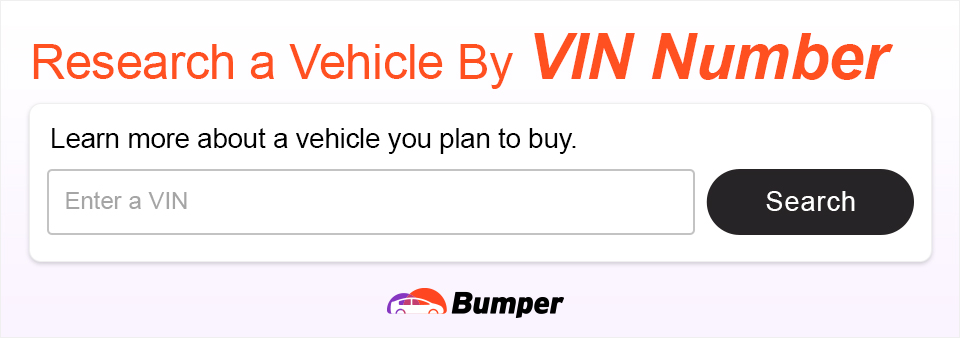If you own a car in California, you should be aware of California liability law that makes the owner of the car liable for most, but not all, accident claims if there was another driver using their car and caused an accident.
California has what is called a limited liability law, which can mean that a car’s owner could have to pay thousands of dollars in damages despite the fact that they weren’t even in the car when the accident took place.
Who Is Responsible For the Car Accident In California?
In California, the owner of the car that caused an accident is liable for all damages, even if this car’s owner was used by someone else when it was involved in an accident.
However, it is important to note that there are some exceptions to this full liability. More specifically, much of California’s liability law relating to car accidents depends on whether the driver, who was driving at the time of the accident, had the owner’s permission to drive their car. Generally, this permission may be implied; it doesn’t necessarily have to be expressly stated that they have permission. And this permission to drive also extends to friends or other people such as work colleagues so long as the vehicle’s keys were handed to them so they could use the vehicle owner’s car.
This is because, when a vehicle is insured in California, all members of the owner’s family can drive the vehicle, assuming they have valid driver’s licenses. And the auto insurance covers the whole family. Nonetheless, if anyone in the vehicle owner’s family was driving the car at the time of the accident, the owner still becomes the target of an auto accident claim.
When is the Owner’s Liability Limited?
It is critical to point out that a vehicle owner’s liability is capped when he or she is not the driver in an accident. The maximum liability is as follows:
- $5,000 for claims of property damage;
- $30,000 for each accident when there has been personal injury or death; and
- $15,000 per person injured or killed in an accident.
This maximum cap may be waived if the owner has given permission for their car to be driven by an incompetent or unlicensed driver.
The owner is also not liable at all if the car was driven without permission, e.g. it had been stolen.
Proving Negligence in a California Car Accident
If you have been involved in a car accident, and someone else was at fault, it doesn’t matter whether that person was the owner of the car or not as you will still have to provide proof that the other driver(s) was negligent in order to be able to possibly claim compensation through the auto insurance of that other vehicle owner.
California is a pure comparative fault state for personal injury claims. This means that, even if you were partially at fault for the accident, you can still claim a percentage of the damages. This comparative fault rule extends right up to 99% of fault, meaning that if you were 99% at fault, you could claim 1% of damages. In other words, the percentage you may be able to claim is based on a straight percentage of the amount of fault you had in the accident.
Get Help With Your Car Accident Claim
Whenever an accident was caused by someone who was not the vehicle owner, it can mean that making a claim might be more difficult. Thus, it is advisable to use an auto accident attorney to help with the claim.
Complete the Free Case Evaluation on this page to get connected with an independent, participating attorney who subscribes to our website.
